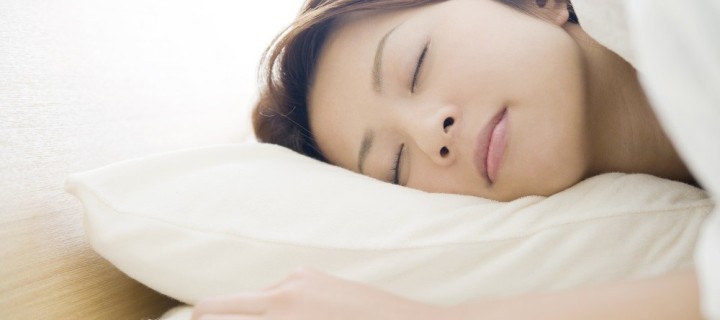Aside from water and air, sleep of any quality is the next necessity of surviving. But a good night’s sleep is the key to a healthy and fulfilling life. Here are seven key factors to consider to help turn your nights around.
Lighting
Often overlooked in the modern age of artificial light is the effect everything from lamps to electronic gadgets have on our ability to prepare for sleep. Studies show exposure to artificial light suppresses the production of the hormone melatonin, which is the hormone that regulates the sleep-wake cycle. Melatonin also has positive effects like lowering blood pressure and body temperature. You can fix this issue by avoiding in-bed tasks that require light and just going straight to darkness. If you can’t avoid pre-sleep device use, consider installing a lighting control application like f.lux on your devices to tone down some of the harsher electronic light.
Distractions
Try to limit distractions before bedtime which rev you up instead of calming you down. Avoid TV shows, novels, conversations, or games which cause stress, anxiety, fear, or worry. Really tense mystery thriller novels or a horror film don’t leave you in a calm and relaxed state before bed. Instead, choose calming material and activities which put you in the right mood and mindset for sleep.
Calming Activities
Some great calming activities to practice before bed include stretching, yoga, and meditation. A stretching or yoga routine helps to relax both your body and mind, and is a great way to destress and prepare yourself for sleep. Meditation can also be quite helpful in clearing your mind of stress and worry, helping your mind from constantly running as you attempt to fall asleep.
Length
Though it can often feel so difficult to squeeze out enough time for a good night’s sleep, sleeping the right length of time is so crucial. The average adult needs about eight hours of sleep per night, and we all know going to bed at 2am and waking up at 6am isn’t cutting it. You might need to make some sacrifices and rearrange your routine, but carving out enough time for a regular eight hours will dramatically improve your health and wellbeing.
Temperature
Ttemperature has a large effect on the quality and length of sleep. Your bedroom should never be too hot or too cold, and while “room temperature” of 21° or so is advised for the average person, you can tweak this to suit yourself. Give yourself items to regulate temperatures. For example, if you feel cold you can sleep with socks on and extra blankets, and always remove them if you warm up. Experiment to find out what temperature is most conducive to your own personal good night’s sleep.
Prepare for next day
It can be much easier to fall and stay asleep if you are not concerned about all the things on the docket the next day/morning. To help avoid this stress and concern, prepare for the next day before beginning your bedtime routine. By preparing lunches, picking out outfits, packing bags etc. you can ease the morning burden and make it easier to fall asleep knowing things are under control.







